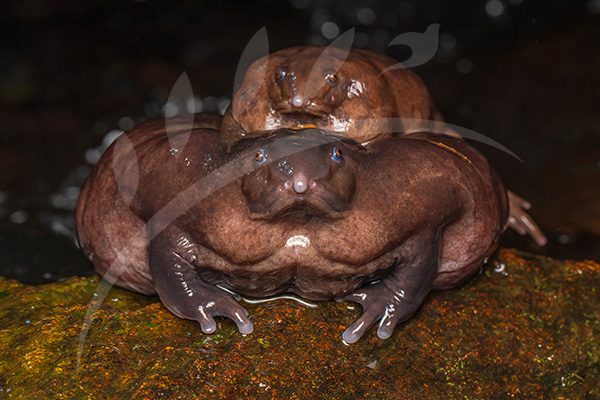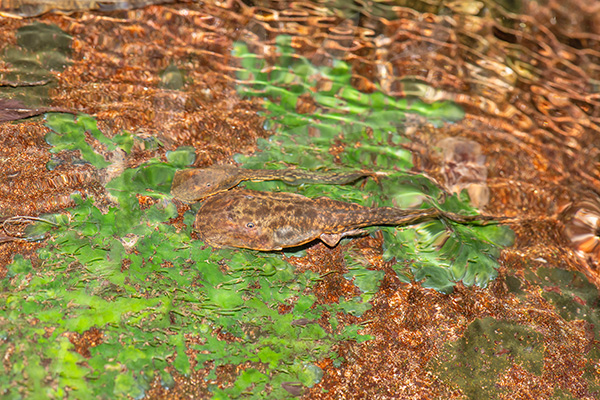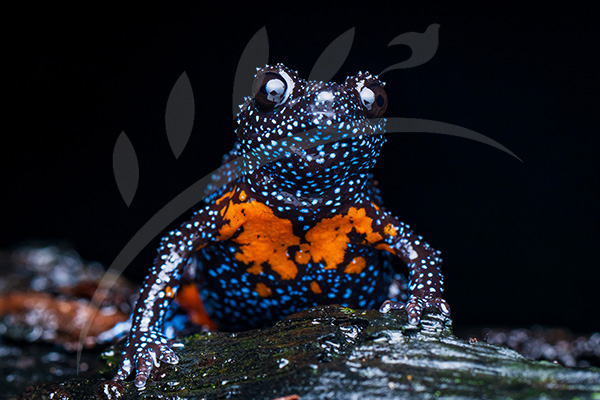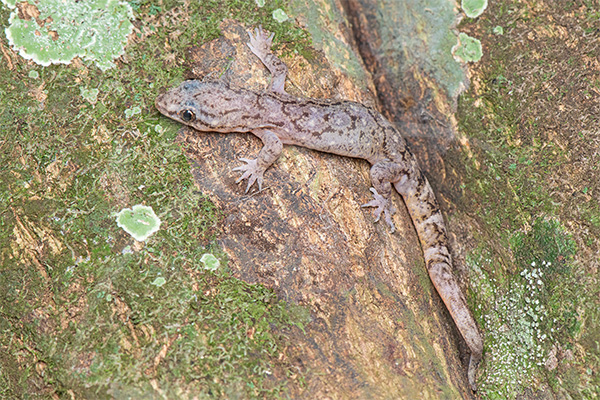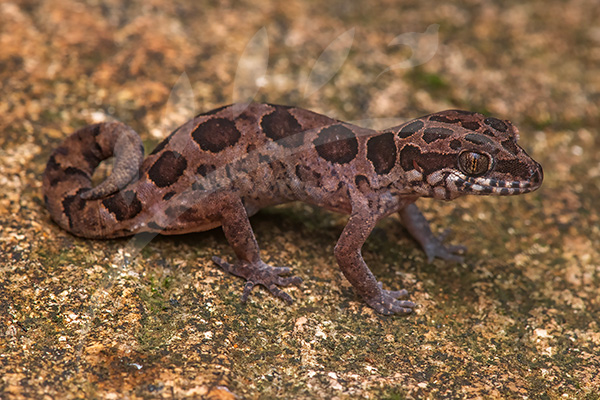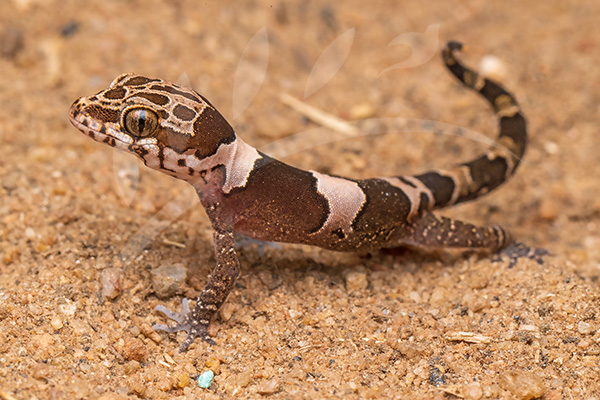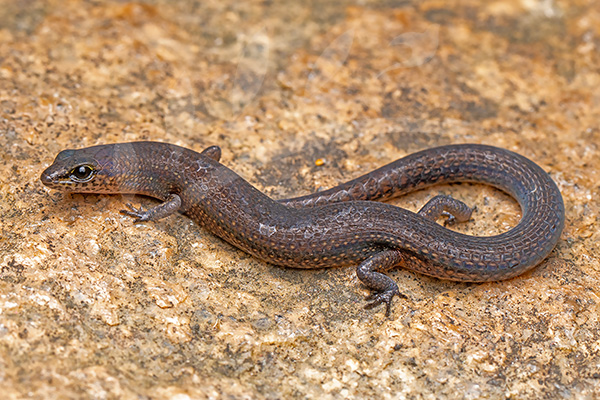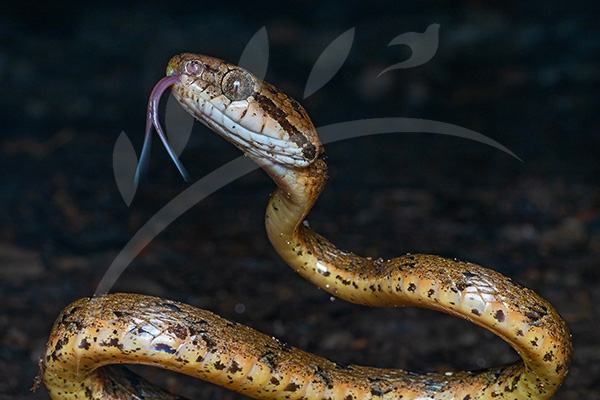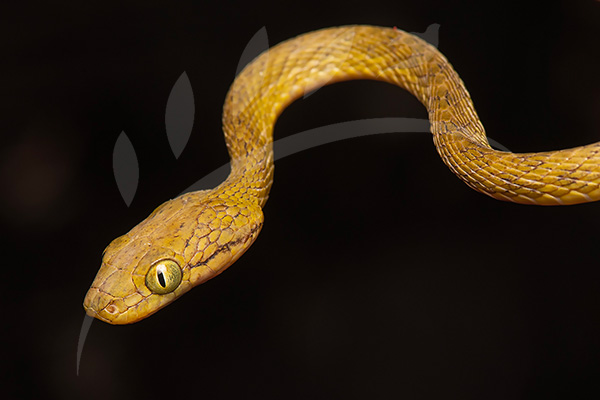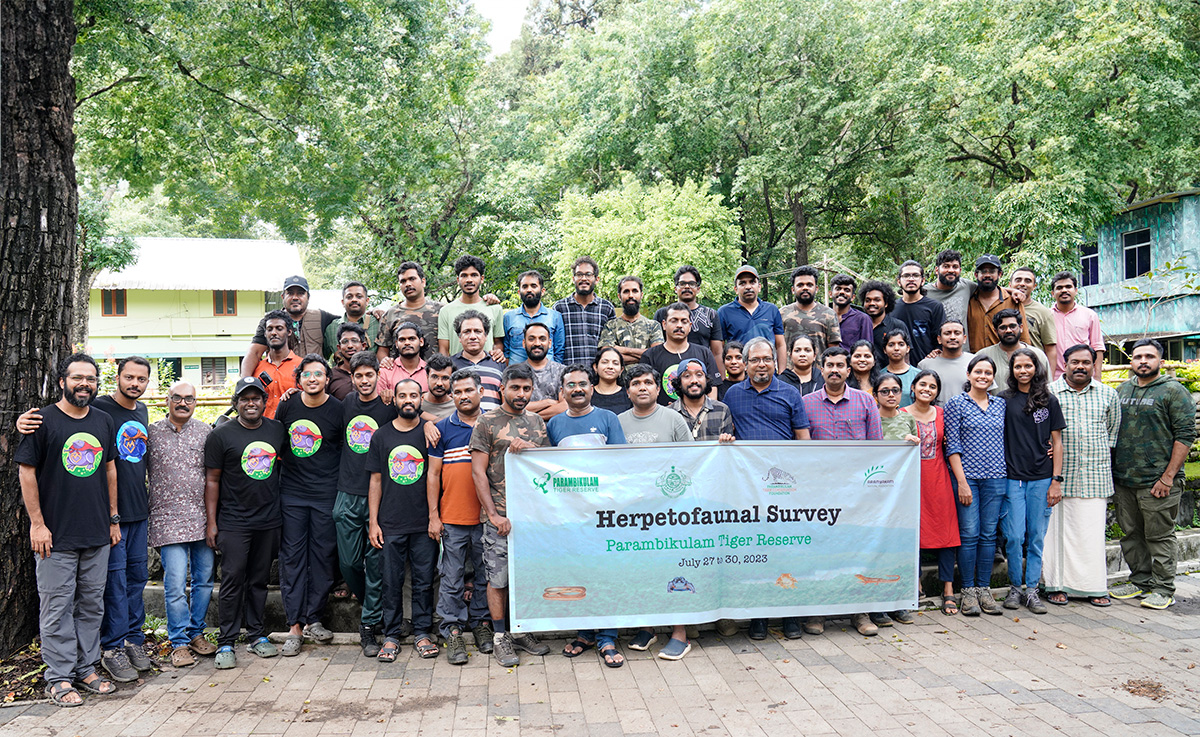
An ambitious, ground-breaking survey encompassing both amphibians and reptiles has just been successfully completed at the Parambikulam Tiger Reserve. This pioneering endeavor was made possible through the collaboration of a diverse team of over 100 researchers, students, naturalists, and forest guards. Unlike previous studies that exclusively targeted amphibians, this survey represents a first in the comprehensive assessment of both reptiles and amphibians within the reserve.
This extensive survey took place from July 27th to July 30th and was a joint effort of 55 volunteers and an equal number of forest staff. The Kerala Forest Department, Parambikulam Tiger Conservation Foundation, and the Aranyakam Nature Foundation were the key organizations facilitating the operation. The survey’s depth was further enriched by contributions from 15 academic and research institutions, including the University of Calicut and Kerala Forest Research Institute, as well as various volunteer organizations.
Key figures leading this operation included Shri Sujith R, Deputy Director of Parambikulam Tiger Reserve, Shri Muhammed Anwar, Sarpa Nodal Officer, and Assistant Forest Conservator, and highly regarded herpetologists, Dr. Sandeep Das and Dr. Rajkumar K P.
The meticulously conducted survey extended over the diverse habitats of the reserve, a sprawling area of 243 square kilometers, divided into 12 camps. Under the coordinated supervision of forest officials, students, and naturalists, round-the-clock surveys resulted in the identification of 66 amphibian species and 81 reptile species. This initiative was not just another tally, rather its objective was to foster long-term monitoring and in-depth study of the sanctuary’s fauna.
Significant discoveries during the survey included 11 amphibian species and 12 reptile species not previously recorded in earlier studies. Noteworthy among these were the ancient Malabar Toad and the globally endangered Purple Frog. The survey also underscored the region’s biodiversity, with 48 out of the 66 amphibian species identified as being endemic to the Western Ghats.
A remarkable highlight of the survey was the identification of a significant population of the elusive Galaxy Frog, the flagship species of the Mathikettan Shola National Park and recognized as one of the rarest frogs in India. Although there were earlier reports of the Galaxy Frog in the Parambikulam Tiger Reserve, this survey unveiled its robust presence, further emphasising the reserve’s rich amphibian diversity.
The reptilian diversity was equally impressive. Out of the 81 recorded species, 31 are exclusive to the Western Ghats. Some of the unique species discovered include the Anamala Dravidogecko (Dravidogecko anamallensis), the Forest Spotted Gecko (Cyrtodactylus speciosus), the recently discovered Coastal Kerala Geckoella (Cyrtodactylus chengodmalaensis), Beddome’s Cat Skink (Ristella beddomii), the Travancore Cat Snake (Boiga dightoni), and the Yellow-green Cat Snake (Boiga yellow-green).
Shri Sujith R, Deputy Director of the Tiger Sanctuary, stressed the survey’s broader significance in conservation efforts, beyond just the tiger population in Parambikulam. The initiative demonstrates the commitment to preserving even the smaller and more vulnerable species like amphibians, which are particularly sensitive to slight environmental changes. Dr. Sandeep Das reinforced this, emphasizing the need for detailed studies on the species identified during the survey. Such surveys can increase public awareness and ensure the conservation of species often neglected due to fear or misunderstanding.
More details:
Dr Sandeep Das – 6282897824
Dr Rajkumar KP – 9747378086

